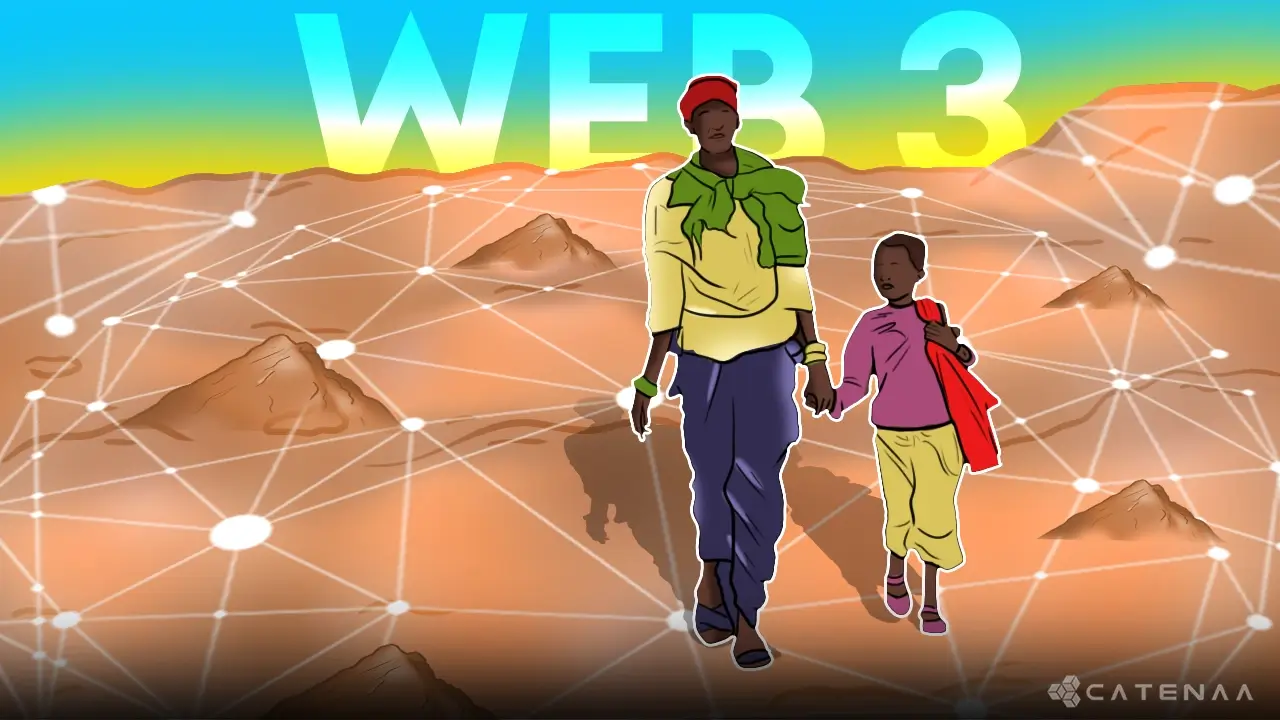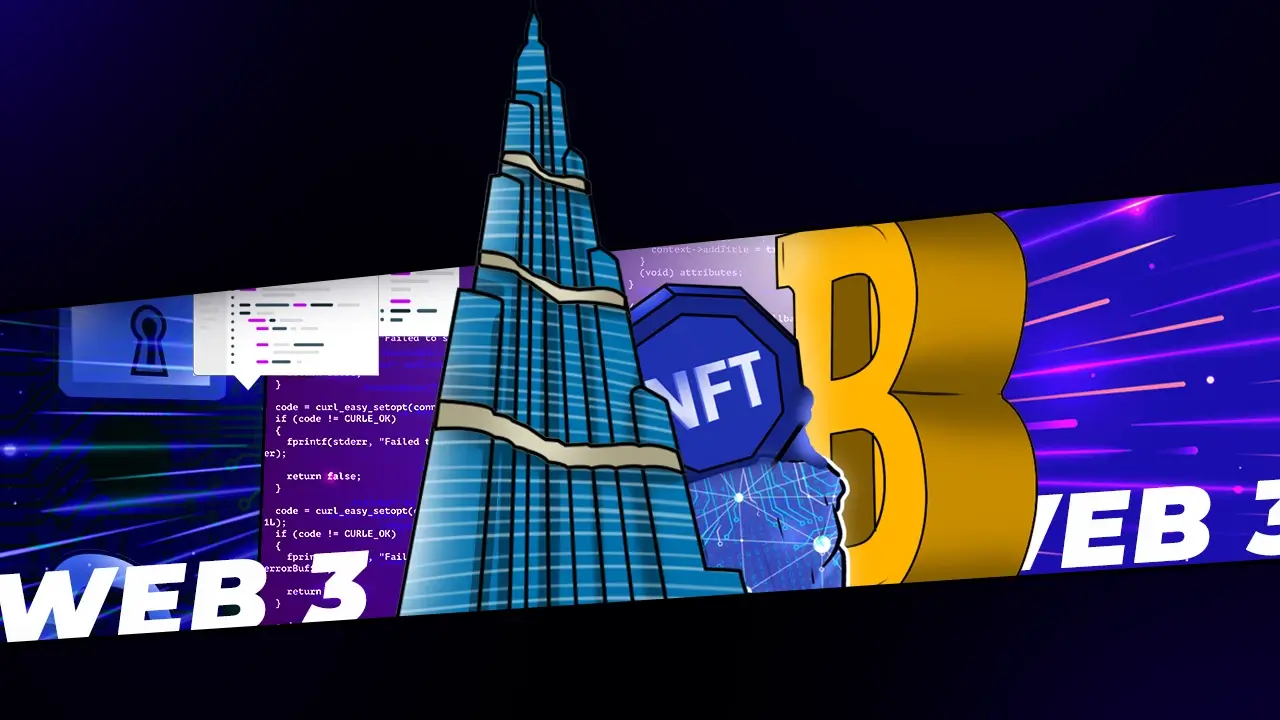LAGOS, Nigeria, Monday, January 22, 2024 –The lack of clear regulations on Web3 was a hurdle for investors in the fields of Web3, blockchain, crypto, and the like, Jathin Jagannath, a developer from the Web3 rollup protocol Cartesi, reportedly said in a recent interview. 1
Earlier, investors in these fields saw the African Continent countries as a fresh field to invest in as there are no established complicated legal hurdles as one finds in the countries in the economic West.
However, things do not look as they seem now.
“Legal uncertainty is a significant barrier,” says Jathin Jagannath, a developer from the Web3 rollup protocol Cartesi.
This ambiguity creates fear and concern among potential users and investors, who hesitate to plunge into this nascent realm. The potential, however, is undeniable.
A recent report by PricewaterhouseCoopers and Emurgo Africa reveals a huge 1,668% increase in blockchain financing in Africa in 2022, with Kenya, Nigeria, and South Africa leading the charge.
Africa’s young demographics and volatile currency contribute to this promising outlook, Jathin pointed out. Nearly 24% of Africans still lack access to traditional banking systems, raising concerns about financial inclusion in the Web3 space. Jathin said he believed decentralized Web3 wallets could offer solutions, enabling seamless cross-border transactions and transforming how Africans interact with the financial world.
But unlocking this potential hinges on overcoming the regulatory hurdle. Collaborations like the upcoming Cartesi course in Nigeria in early January 2024 offer hope. Such initiatives aim to build a skilled workforce and enhance crypto literacy, which is crucial for responsible Web3 integration.
An opportunity stares Africa in the eyes. Analysts said it is up to the leaders to make the most of it.
- Cointelegraph: https://cointelegraph.com/news/web3-faces-regulatory-hurdles-in-africa-hindering-transformative-potential[↩]


